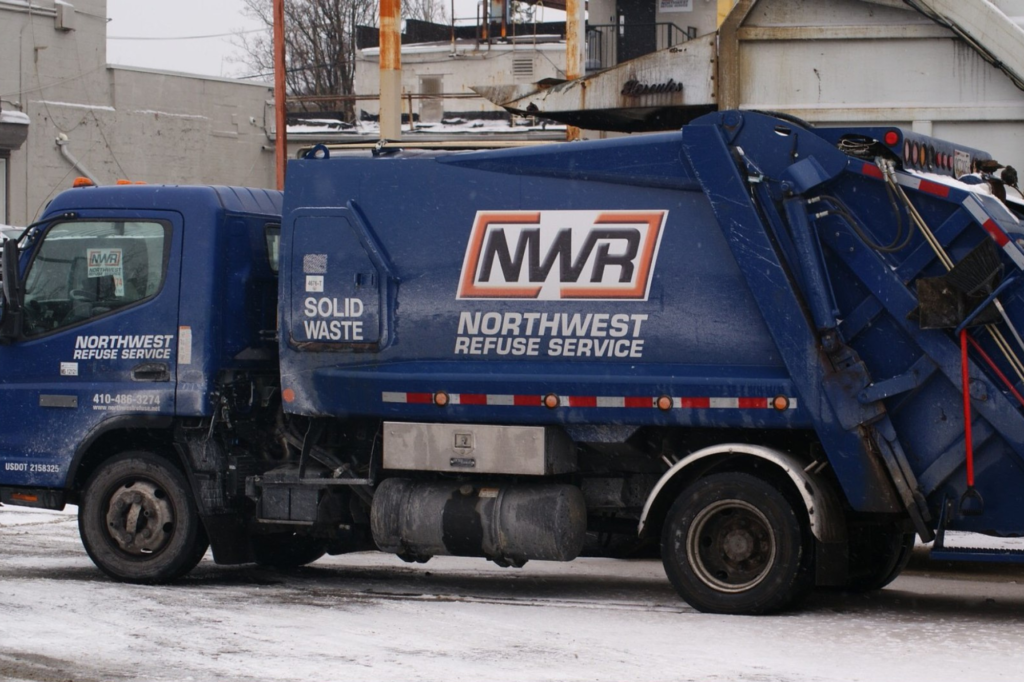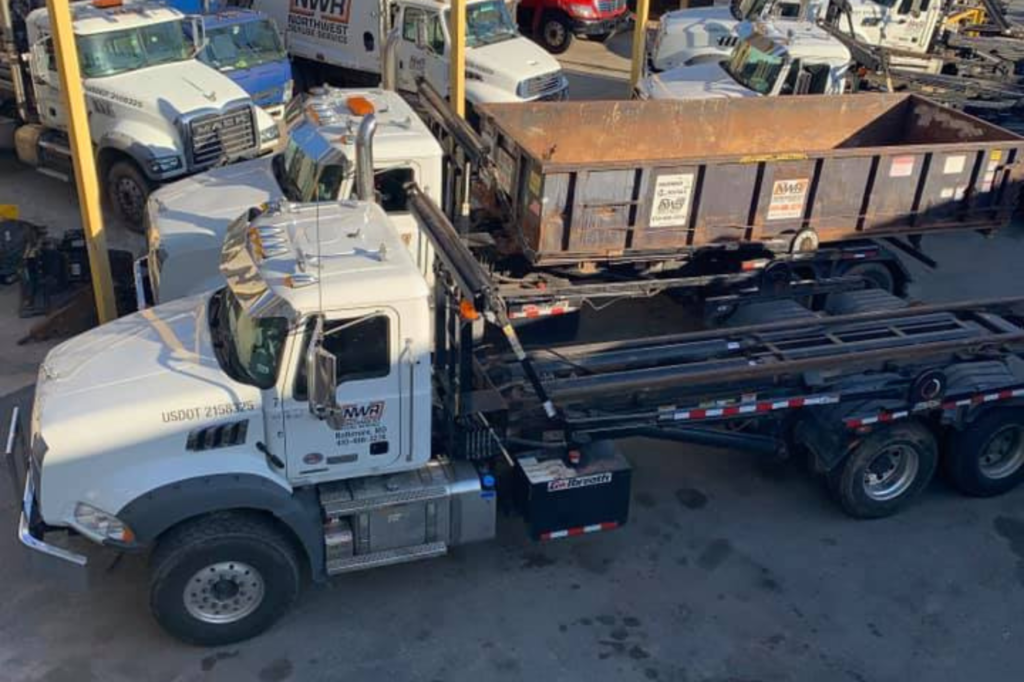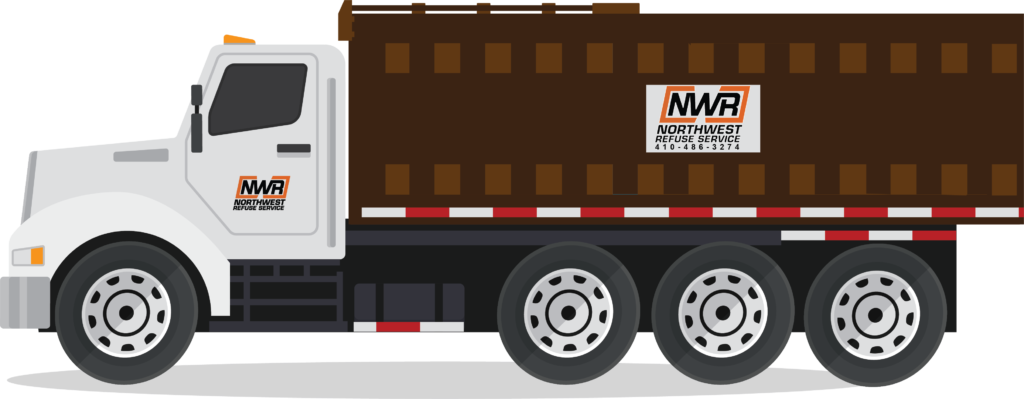When planning a home improvement project, spring cleaning, or a major move, renting a dumpster can be a convenient and cost-effective solution for waste removal. However, the price of renting a residential dumpster can vary based on several factors. Understanding these factors can help you budget appropriately for your project. In this article, we’ll break down the key elements that influence the price of residential dumpster rentals.

1. Dumpster Size
The size of the dumpster you choose plays a significant role in the price. Residential dumpsters typically range from 10 to 40 cubic yards, with smaller dumpsters being more affordable. Larger dumpsters cost more because they hold more waste, require more materials to construct, and take up more space on transportation vehicles.
For example:
- 10-yard dumpsters are ideal for small projects, such as cleaning out a garage or attic.
- 20-yard dumpsters are commonly used for medium-sized renovations, such as kitchen remodeling.
- 30-yard and 40-yard dumpsters are necessary for large-scale projects like major home renovations or large cleanouts.
Choosing the right size is crucial because opting for a dumpster that is too large or too small can lead to unnecessary costs.
2. Rental Duration
The length of time you need the dumpster can also impact the price. Most rental companies offer a flat rate for a certain period, typically ranging from 5 to 7 days. If your project takes longer than expected, you may incur additional fees for extended rentals.
Companies may offer discounts for longer-term rentals or charge extra for each additional day beyond the initial rental period. To save on costs, try to estimate how long you will need the dumpster and plan accordingly.
3. Weight of the Waste
Dumpsters are priced not only based on their size but also on the weight of the waste you plan to dispose of. Rental companies typically include a weight limit, and if you exceed that limit, you’ll be charged an overage fee. Certain materials, like concrete, dirt, or heavy construction debris, can add up quickly in weight and may push you over the limit.
It’s important to know the weight of the items you plan to dispose of before renting a dumpster. Be mindful of heavy materials like appliances, roofing shingles, and other dense debris that could quickly increase the overall weight.
4. Type of Waste
The type of waste you dispose of can affect the price as well. Residential dumpster rental services charge differently based on the nature of the materials being disposed of. For example, household junk, yard waste, and general debris are typically cheaper to dispose of compared to hazardous or construction materials like asbestos, tires, or electronics.
Certain items may require special disposal methods, and rental companies may charge extra for disposing of specific materials in accordance with local regulations.
5. Location
Where you live and where the dumpster is being delivered to can influence rental costs. Generally, dumpsters are more expensive in urban areas due to higher transportation fees, labor costs, and landfill prices. Conversely, rentals in rural areas might cost less, as the distance the rental company has to travel and the demand for dumpsters may be lower.
Additionally, some municipalities require specific permits for placing a dumpster on public property, which can add to the cost of your rental. Be sure to check with local authorities if you plan to place the dumpster on the street or in a shared space.

6. Additional Fees
In addition to the base rental cost, there may be extra fees that impact the final price. Common additional charges include:
- Delivery and pickup fees: Some companies may charge separate fees for delivering and picking up the dumpster.
- Permit fees: If a permit is required for dumpster placement in your area, there may be an additional charge for obtaining it.
- Fuel surcharges: Depending on your location, companies may add a fuel surcharge to cover transportation costs.
- Late fees: If you extend the rental period beyond the agreed-upon timeframe, you may incur late fees.
Before booking a dumpster, always ask the rental company about potential additional costs to avoid surprises when you receive your final bill.
7. Demand and Seasonality
Like many other services, the demand for dumpster rentals can vary depending on the time of year. Spring and summer are typically busier times for home improvement projects, resulting in higher demand and potentially higher prices. Conversely, during the off-season in fall or winter, rental companies may offer lower prices to attract customers.
Booking a dumpster during the off-season could save you money, but make sure you still plan for any unexpected weather-related delays.
Several factors affect the price of residential dumpster rentals, including the size of the dumpster, the length of the rental period, the weight of the waste, and your location. By understanding these elements, you can make an informed decision and select the right dumpster for your needs while staying within your budget. Always check with your local dumpster rental service to get a clear breakdown of all costs and fees before booking your rental.
For more tips on residential dumpster rentals, read these blogs now!
Dumpster Rental Residential: 7 Tips for an Efficient Cleanup
The Ultimate Guide to Residential Roll-Off Dumpster Rental: Everything You Need to Know
Top 5 Uses for a Residential Dumpster Rental


